 A thing you would have no real reason to remember: Circle Thrice[1] ended on a cliffhanger. (Also, I read that a year ago?? I do not read enough. This is not the first time I’ve said this lately, but.) So anyway, though, cliffhanger.
A thing you would have no real reason to remember: Circle Thrice[1] ended on a cliffhanger. (Also, I read that a year ago?? I do not read enough. This is not the first time I’ve said this lately, but.) So anyway, though, cliffhanger.
That aside, Eclipse at Noon is mostly about old enemies and new riverboat rides. I’ve never been on a riverboat, but it mostly sounded like what I expected cruise ships to be like, except for the paddle and all. Also: smaller than that. This continues to make me wonder if cruise ships were just a lot fancier in the ’80s and ’90s versus how they are now, which is sort of middle class chic, for some reason.
Anyway: the story was approximately what I’ve come to expect, with guns and mutants and the promise of more teleporting around (although not any just lately). Also, some random old enemies that we’ve never heard of before, but as good a job as this series does of recycling old encounters into new ones, I cannot fault them for once in a while saying, look, guys, remember this stuff that happened to us before the series started?
The title thing, though: I can perform some mental gymnastics to force a metaphor about how just when things were finally going nicely for the first time in a while, with the cliffhanger resolved and some fancy big meals and a riverboat ride in the offing, oh no, their “high noon” is being “eclipsed” by this sudden old enemy machinations thing, but… yeah, I’d prefer more literal and less maybe metaphorical but maybe just “this sounds kind of cool, right?” titles, for my cheap men’s adventure sci-fi thriller series. I guess I’m just old-fashioned that way.
[1] That is, the previous Deathlands book.
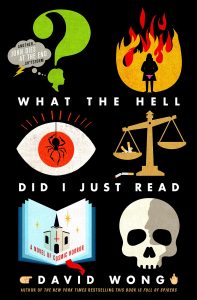 To my surprise, a third
To my surprise, a third 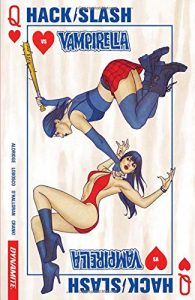 I know very little about Vampirella as a character, save that she exists and dresses… provocatively, let’s say. However, I know a great deal about Cassandra Hack, so I am qualified to speak on two thirds of the factors that went into this book.
I know very little about Vampirella as a character, save that she exists and dresses… provocatively, let’s say. However, I know a great deal about Cassandra Hack, so I am qualified to speak on two thirds of the factors that went into this book.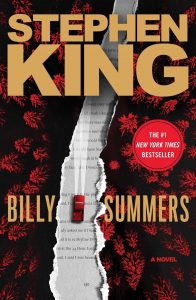 It really should not take me four months to read a book, too-busy job and toddler-rearing or not. And I mean, don’t mistake me, I read really a lot of comics in this period as well, but… something isn’t right, and I need to address it[1]. All that said, despite a four month duration, I was pretty happy with
It really should not take me four months to read a book, too-busy job and toddler-rearing or not. And I mean, don’t mistake me, I read really a lot of comics in this period as well, but… something isn’t right, and I need to address it[1]. All that said, despite a four month duration, I was pretty happy with 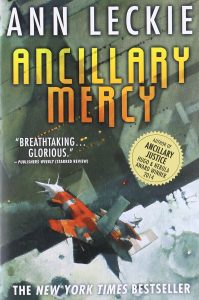 I finished Anne Leckie’s Ancillary trilogy yesterday, and it comes with a realization that I had completely failed to anticipate what the story was actually about.
I finished Anne Leckie’s Ancillary trilogy yesterday, and it comes with a realization that I had completely failed to anticipate what the story was actually about.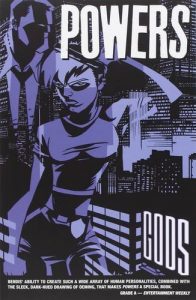 This is the last book in the Powers series!
This is the last book in the Powers series!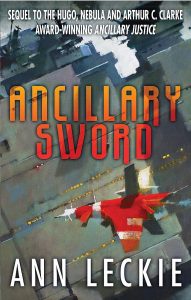 Look at me, cleaning up my partially-read series backlog. Woo! But also, it’s nice in this case because I still remembered at least a little bit of
Look at me, cleaning up my partially-read series backlog. Woo! But also, it’s nice in this case because I still remembered at least a little bit of 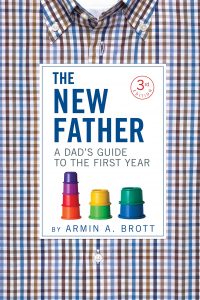 I cannot decide whether it’s weirder to be reading non-fiction, or to be reading a book gradually over the course of a year. Both are pretty weird! Like, maybe histories would be less weird? History is just non-fiction with a plot and a throughline. Although I guess a book about what to expect over the course of a year of childhood growth is almost that too? But histories have characters, which this does not, super-disgusting anecdotes about mistaken pumpkin puree notwithstanding.
I cannot decide whether it’s weirder to be reading non-fiction, or to be reading a book gradually over the course of a year. Both are pretty weird! Like, maybe histories would be less weird? History is just non-fiction with a plot and a throughline. Although I guess a book about what to expect over the course of a year of childhood growth is almost that too? But histories have characters, which this does not, super-disgusting anecdotes about mistaken pumpkin puree notwithstanding.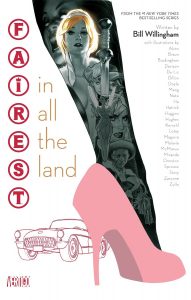
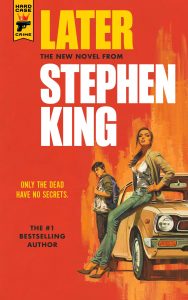 Cart before the horse time: surprise! I liked the new Stephen King book.
Cart before the horse time: surprise! I liked the new Stephen King book.